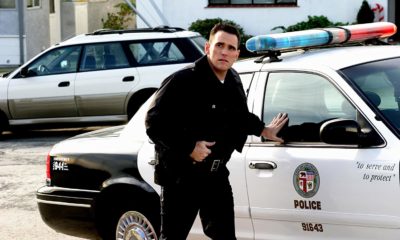

Hollywood has a tradition of glorifying cops. Here are some of the worst examples.
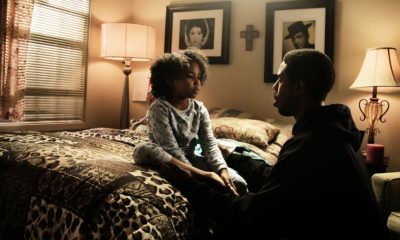
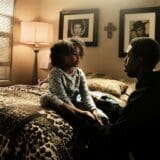
A review of little-seen films that chronicle the African-American struggle for equality.


The filmmaker’s quiet dignity and gentle demeanor belied the chaos of his youth and allowed him to navigate Hollywood.

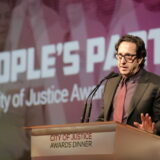
Gary Stewart’s passion for politics mirrored his love of music. His death rocked friends who remembered him as a deeply invested participant in whatever organization or cause he backed.


The Brink follows the former White House adviser speaking at rallies and huddling with neo-Nazis across the globe.

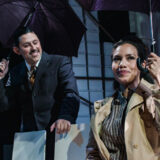
Evelina Fernández’s poignant new play, set in 1968, focuses on a Boyle Heights mother in a world gone awry.


Alex Gibney has become the filmic Freud of frauds, a master at dissecting sparkly but flawed personalities.
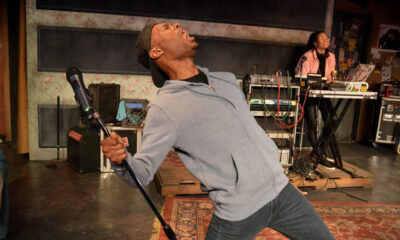
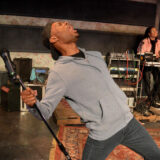
Idris Goodwin’s play revolves around two hip-hop performers, one black and one white, who have been friends since childhood.
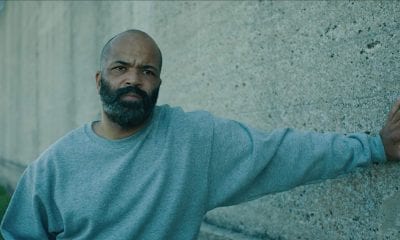

All of Jeffrey Wright’s acting skills can’t quite elevate O.G. beyond being a solid and dignified tale.
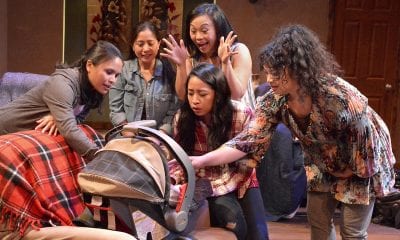
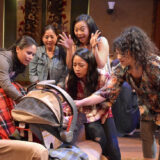
Playwright Boni B. Alvarez dramatizes the experience of six Filipinas temporarily inhabiting a one-bedroom flat near Los Angeles’ well-to-do Hancock Park neighborhood.
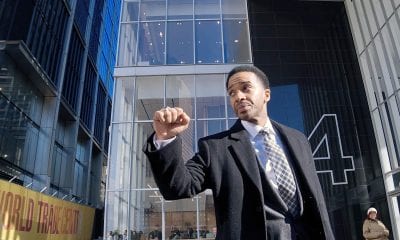

The iPhone-shot High Flying Bird comes across as less a feature film and more like a pilot for a TV series. (Think The West Wing meets Ballers.)
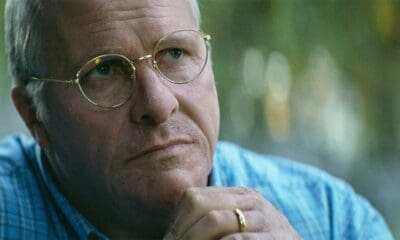

“Our democracy at its root is about the throne,” says the creator of Vice. “But what Cheney tried to do was bring the power back to one person on that throne.”
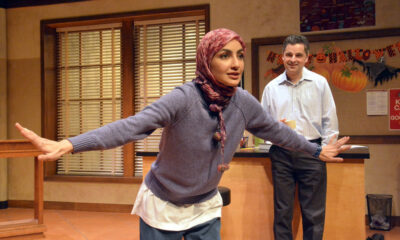
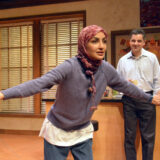
Laura Maria Censabella’s play focuses on the difficulties of young women whose career aspirations are thwarted by cultural expectations.


Dorfman is a nationally respected leader in the field of philanthropy, with deep connections to foundations across the country, and has a long background in community organizing.
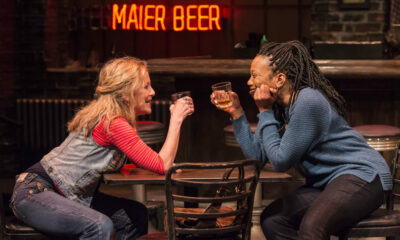

Sweat ‘s unflinching mission is to lay out the slow strangulation of the American Dream.
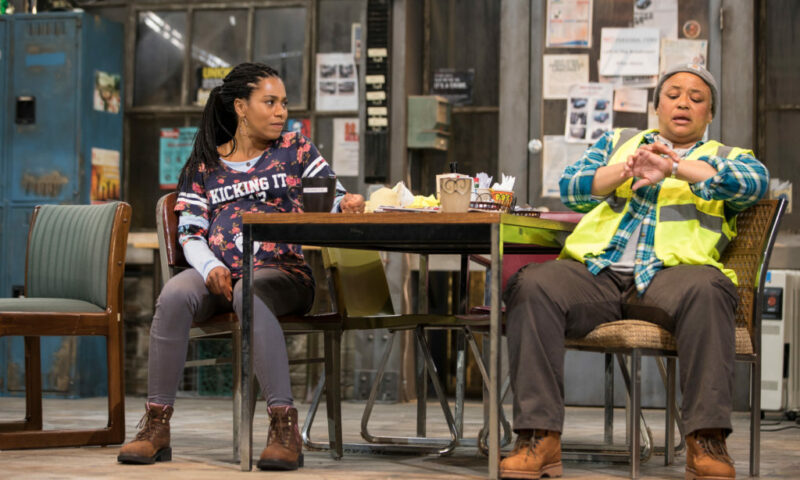
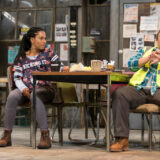
Set in a Detroit automobile outfitting plant, Dominique Morisseau’s drama grabs you from the start with its focus on blue-collar men and women, and their struggle for dignity and self-respect.
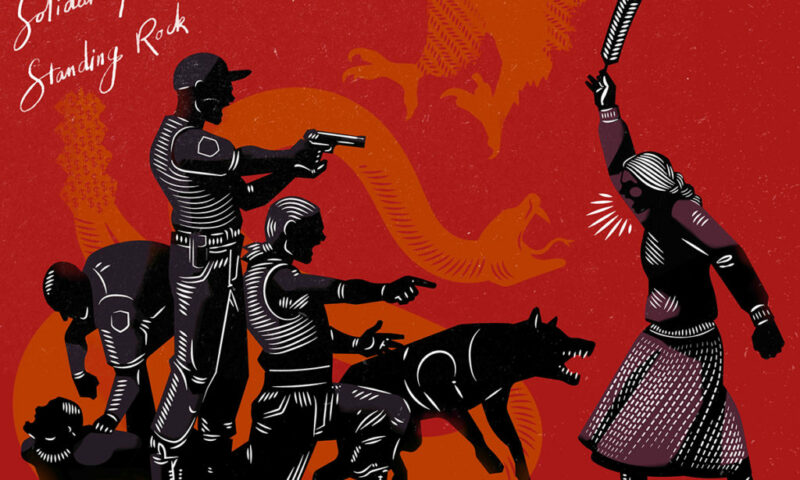
Carol Wells, the founder of the Center for the Study of Political Graphics in Los Angeles, talks to Capital & Main about the enduring power of political art.
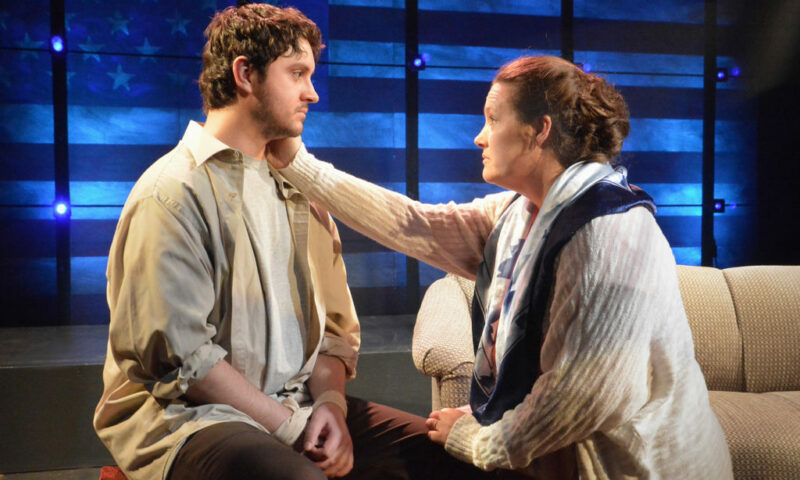
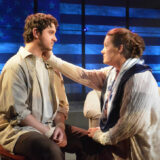
One of the play’s weaknesses is the surfeit of soap-operatic family exchanges that spill into melodramatic shouting matches.
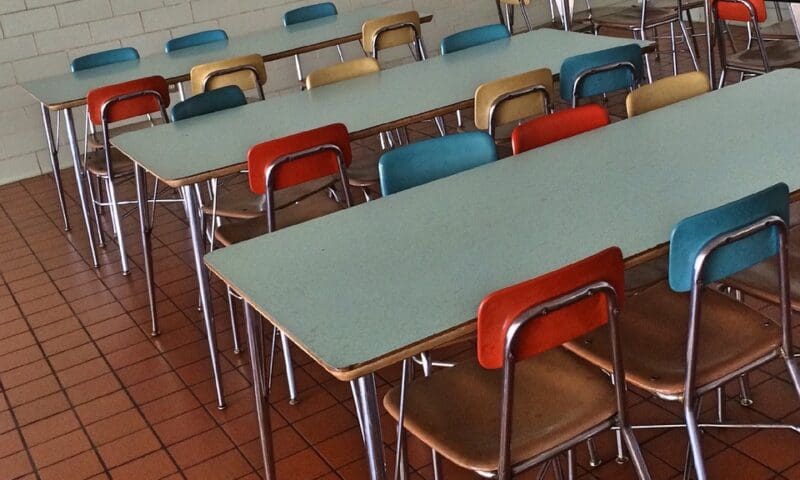

When a student doesn’t have enough money for lunch, cafeteria staff in many school districts take away the child’s tray of hot food and hand the student a brown paper bag containing a cold cheese sandwich and a small milk.

Although not all of ICE‘s comedy clicks, Martell’s story has both weight and charm. The production’s overriding plus is its successful rendering, fashioned with humor and craft, of the difficulties immigrants face.